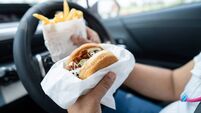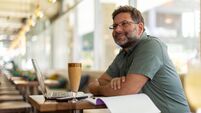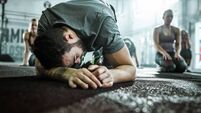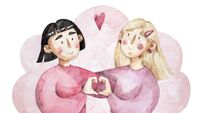Bernard O'Shea: Five things I've learned about counting calories

Bernard O'Shea: "The science suggests that focusing solely on weight loss can lead to burnout. Focusing on health — including strength, sleep, and energy — yields better long-term results."










